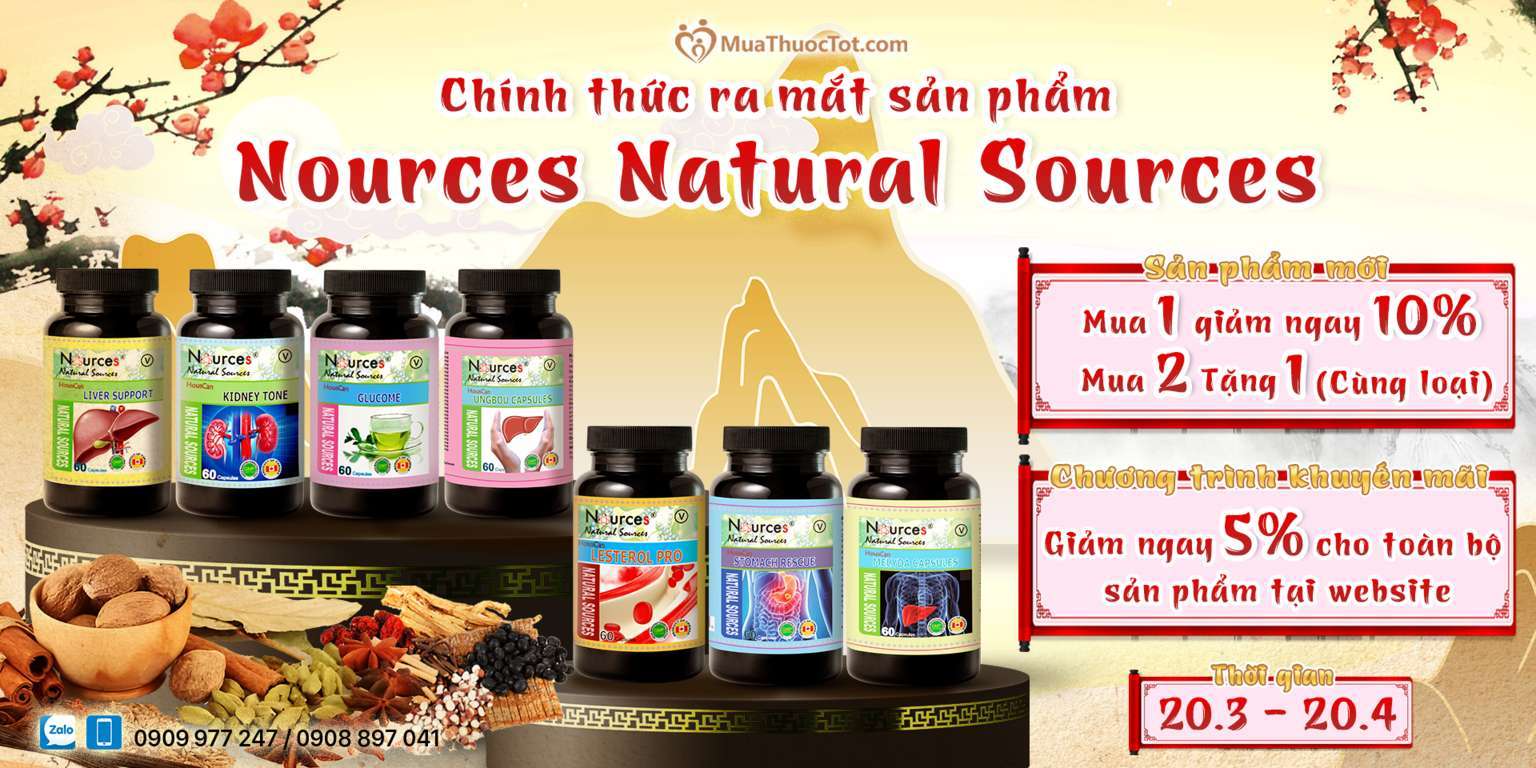-
 Thanh toán đa dạng, linh hoạtChuyển khoản ngân hàng, thanh toán tại nhà...
Thanh toán đa dạng, linh hoạtChuyển khoản ngân hàng, thanh toán tại nhà... -
 Miễn Phí vận chuyển 53 tỉnh thànhMiễn phí vận chuyển đối với đơn hàng trên 1 triệu
Miễn Phí vận chuyển 53 tỉnh thànhMiễn phí vận chuyển đối với đơn hàng trên 1 triệu -
 Yên Tâm mua sắmHoàn tiền trong vòng 7 ngày...
Yên Tâm mua sắmHoàn tiền trong vòng 7 ngày...
Doctor's Best Hesperidin Methyl Chalcone, Vegetarian, 500 mg, 60 Veggie Caps
-

- Mã sản phẩm: B00B671HJY
- (226 nhận xét)

- Product Dimensions:2.13 x 2.13 x 3.75 inches; 2.4 Ounces
- Item Weight:2.4 ounces
- Manufacturer:DOCCA
- ASIN:B00B671HJY
- Item model number:DRB-00287
- Customer Reviews:4.6 out of 5 stars 215Reviews
- Best Sellers Rank:#76,353 in Health & Household (See Top 100 in Health & Household) #3,526 in Blended Vitamin & Mineral Supplements #4,993 in Sales & Deals #6,136 in Diet & Sports Nutrition
- Is Discontinued By Manufacturer:No
- Date First Available:February 1, 2013
- Item Dimensions LxWxH:2.13 x 2.13 x 3.75 inches
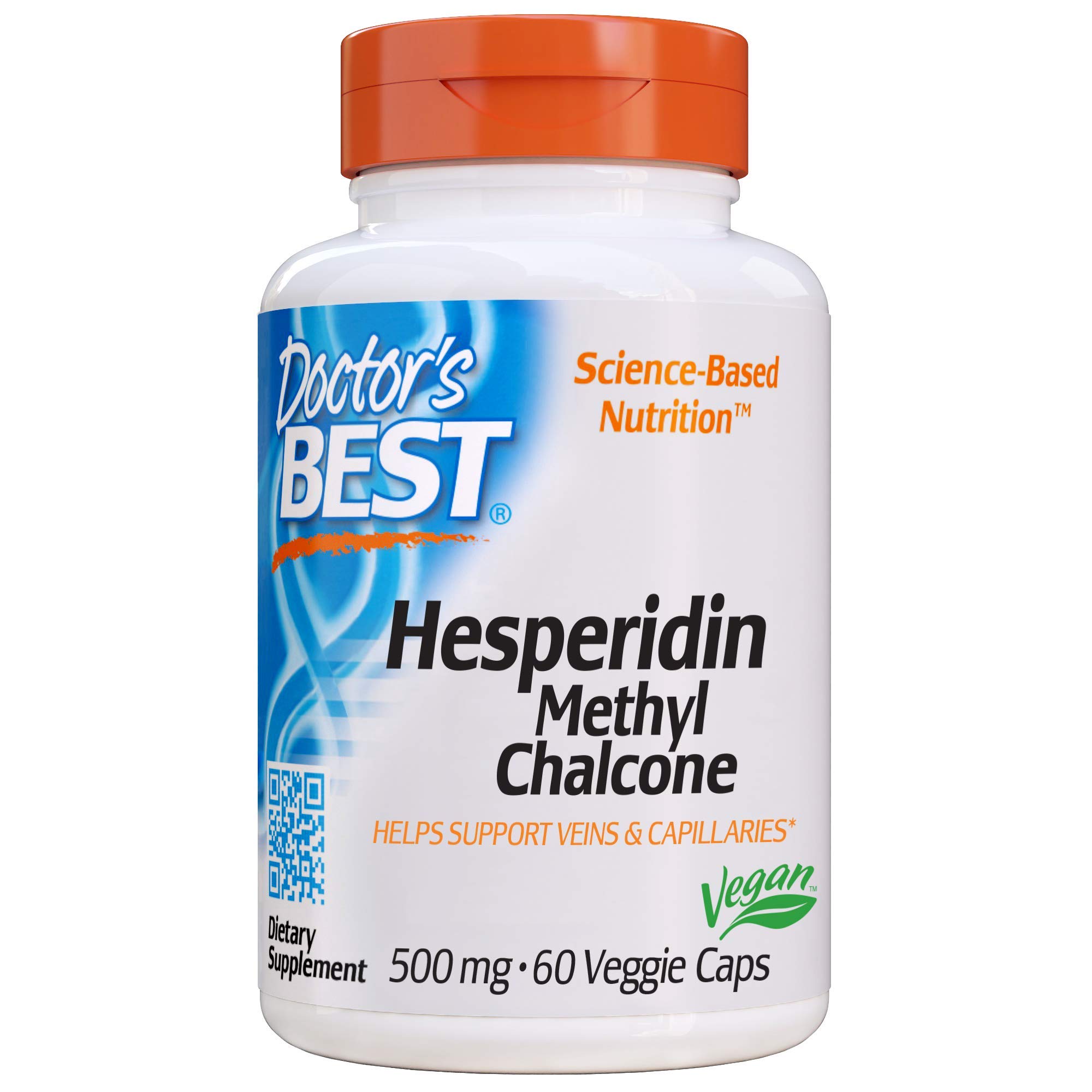
Tính năng sản phẩm
• Hesperidin is a powerful neutralizer of free radicals.• The potent antioxidant activity of Hesperidin and metabolic products derived from it, is one likely basis for its structural support of the capillaries and other small blood vessels.• Best Hesperidin Methyl Chalcone, sourced from Spain, is a flavonoid derived from citrus fruits that many experts believe has synergistic activity with Vitamin CMô tả sản phẩm
From the manufacturer


*These statements have not been evaluated by the Food and Drug Administration. This product in not intended to diagnose, treat, cure or prevent any disease.
Doctor’s Best Hesperidin Methyl Chalcone contains Hesperidin, a flavonoid derived from citrus fruits that many experts believe has synergistic activity with vitamin C.* While Hesperidin in its original form is not very water soluble, Hesperidin Methyl Chalcone is highly water soluble for greater absorption in the gastrointestinal tract.*
The antioxidant activity of hesperidin helps neutralize free radicals, supports blood vessels, circulatory health, and vascular integrity. Hesperidin also helps support vein and capillary strength.*

What are the benefits of Hesperidin Methyl Chalcone?
- Helps support vein and capillary strength*
- Helps support blood vessel, circulatory health and vascular integrity*

Why take Hesperidin Methyl Chalcone?
- A powerful neutralizer of free radicals.*
- Antioxidant support for circulatory health.*
- Provides hesperidin methyl chalcone, the methylated derivative of hesperidin, which may be the more beneficial form.*

How does it work?
- In cell culture experiments, hesperidin provided strong protection against agents that could cause cell damage via the production of superoxide and hydroxyl free radicals from oxygen.*
- The potent antioxidant activity of hesperidin is one likely basis for its structural support of the capillaries and other small blood vessels.*
- Supports blood capillaries by increasing capillary wall tone.*
Antioxidant Support for Circulatory Health*
Hesperidin is a powerful neutralizer of free radicals. In cell culture experiments, hesperidin provided strong protection against agents that could cause cell damage via the production of superoxide and hydroxyl free radicals from oxygen.4 The potent antioxidant activity of hesperidin, and/or metabolic products derived from it, is one likely basis for its structural support of the capillaries and other small blood vessels.5
Supports Vascular Integrity and Capillary Strength*
Reports dating from the 1930s indicate that hesperidin supports blood capillaries by increasing capillary wall tone.1 Hesperidin methyl chalcone in combination with vitamin C was shown to regulate hyaluronidase (an enzyme that breaks down hyaluronic acid), thereby helping to support the integrity of capillary walls.3
Maintenance of the blood vessel endothelium (the one cell thick layer that lines the blood vessel on the inside) is critical for the health of the circulatory system. Among the many functions of these endothelial cells is to control blood vessel tone and help regulate blood flow to organs. In a randomized, double-blind, placebo-controlled trial of 28 individuals with Metabolic Syndrome (this syndrome is not a disease, but rather a cluster of health factors important to watch), participants were given either 500 mg hesperidin or placebo capsules containing cellulose every day for 3 weeks.6 Endothelial function was assessed by measuring flow-mediated dilation (FMD) in the brachial artery. Compared to placebo, participants taking hesperidin had significantly superior FMD after 3 weeks of supplementation.
Additionally, these researchers reported results from a cell culture study they performed to investigate potential mechanisms that might explain the results seen in the clinical trial.6 Treatment of the cells with hesperidin caused enzymes such as nitric oxide synthase to produce nitric oxide, a key molecular messenger for maintenance of healthy vascular function. This experiment is particularly instructive because the effective concentration of hesperidin on these cells can likely be achieved in the body by consuming a 500 mg daily dose of hesperidin.
Hesperidin also produced circulatory benefits in a clinical trial with 24 healthy, middle-aged, moderately overweight men.7
This randomized, placebo-controlled trial monitored the capacity of the blood vessel endothelium to manage relaxation of the vessel wall. Blood pressure was recorded at the beginning and end of each 4-week period. Hesperidin significantly helped participants maintain healthy blood pressure levels in the normal range.
In an extension of this clinical study, the researchers sought evidence that hesperidin may act at the level of the genes. Ten of the original 24 male subjects donated white blood were studied for changes in gene activity due to hesperidin.8 A total 1,819 genes were found to be regulated by hesperidin, and the pattern of the changes in gene expression—such as in the areas of cell communications, immune response, and lipid metabolism—could be considered as supporting healthy blood vessels. This study was groundbreaking in that it links hesperidin intake to favorable effects on gene functions.
In another area of circulatory health, an animal model suggests that hesperidin may support healthy eyes by promoting ocular blood flow (delivering nutrients and oxygen to the eyes). Hesperidin was shown to increase blood flow to the iris, ciliary body, and choroid parts of the eye in rabbits.9
Hesperidin also offers the potential to support brain health. Experimental cell research demonstrated that hesperidin protected nerve cells against oxidative damage.10 The relatively low concentration of hesperidin used in this study can likely be attained in the body by taking hesperidin supplements. Other studies have suggested that hesperidin can cross the blood-brain barrier, an important requirement
for bioactive compounds to potentially support brain cells. 11, 12
Hesperidin Methyl Chalcone from Doctor’s Best offers a powerful citrus flavonoid in a highly absorbable form, with a long history of research that suggests diverse benefits for circulatory health.
SCIENTIFIC REFERENCES
1. Garg A, Garg S, Zaneveld LJ, Singla AK. Phytother Res 2001;15:655-69.
2. Zilva SS. Biochem J 1937;31:915-9.
3. Beiler JM, Martin GJ. J Biol Chem 1947;171:507-11.
4. Wilmsen PK, Spada DS, Salvador M. J Agric Food Chem 2005;53:4757-61.
5. Manthey JA, Grohmann K, Guthrie N. Curr Med Chem 2001;8: 135-53.
6. Rizza S, Muniyappa R, Iantorno M, others. J Clin Endocrinol Metab 2011;96:E782-92.
7. Morand C, Dubray C, Milenkovic D, others. Am J Clin Nutr 2011;93:73-80.
8. Milenkovic D, Deval C, Dubray C, others. PLoS One 2011;6:e26669.
9. Liu SX, Chiang CH, Yao QS, Chiou GC. J Ocul Pharmacol Ther 1996;12:95-101.
10. Hwang SL, Yen GC. J Agric Food Chem 2008;56:859-64.
11. Dimpfel W. J Pharm Pharmacol 2006;58:375-9.
12. Youdim KA, Dobbie MS, Kuhnle G, others. J Neurochem 2003;85:180-92.
Best hesperidin methyl chalcone, obtained from a quality source in Spain, is a methylated derivative of the bioflavonoid hesperidin. Hesperidin occurs in citrus fruits, particularly sweet oranges, tangerines and lemons, often in association with vitamin C. It was first discovered in 1827, but gained more attention in 1936 when the famed researcher Albert Szent-Gyorgyi reported that bioflavonoids contributed to lessening the circulatory problems associated with scurvy, a condition that results from vitamin C deficiency. After scientific investigations revealed that a crude extract of vitamin C was able to relieve symptoms that purified vitamin C could not, bioflavonoids in citrus were found to work synergistically with vitamin C. Among these citrus bioflavonoids, hesperidin is prominent in helping vitamin C to improve capillary strength, to such an extent that for many years it was termed “vitamin P.” In 1947, the methyl chalcone form was found to be more bioactive than native hesperidin and to work synergistically with vitamin C.
- Mua astaxanthin uống có tốt không? Mua ở đâu? 29/10/2018
- Saffron (nhụy hoa nghệ tây) uống như thế nào cho hợp lý? 29/09/2018
- Saffron (nghệ tây) làm đẹp như thế nào? 28/09/2018
- Giải đáp những thắc mắc về viên uống sinh lý Fuji Sumo 14/09/2018
- Công dụng tuyệt vời từ tinh chất tỏi với sức khỏe 12/09/2018
- Mua collagen 82X chính hãng ở đâu? 26/07/2018
- NueGlow mua ở đâu giá chính hãng bao nhiêu? 04/07/2018
- Fucoidan Chính hãng Nhật Bản giá bao nhiêu? 18/05/2018
- Top 5 loại thuốc trị sẹo tốt nhất, hiệu quả với cả sẹo lâu năm 20/03/2018
- Footer chi tiết bài viết 09/03/2018
- Mã vạch không thể phân biệt hàng chính hãng hay hàng giả 10/05/2023
- Thuốc trắng da Ivory Caps chính hãng giá bao nhiêu? Mua ở đâu? 08/12/2022
- Nên thoa kem trắng da body vào lúc nào để đạt hiệu quả cao? 07/12/2022
- Tiêm trắng da toàn thân giá bao nhiêu? Có an toàn không? 06/12/2022
- Top 3 kem dưỡng trắng da được ưa chuộng nhất hiện nay 05/12/2022
- Uống vitamin C có trắng da không? Nên uống như thế nào? 03/12/2022
- [email protected]
- Hotline: 0909977247
- Hotline: 0908897041
- 8h - 17h Từ Thứ 2 - Thứ 7
Đăng ký nhận thông tin qua email để nhận được hàng triệu ưu đãi từ Muathuoctot.com
Tạp chí sức khỏe làm đẹp, Kem chống nắng nào tốt nhất hiện nay Thuoc giam can an toan hiện nay, thuoc collagen, thuoc Dong trung ha thao , thuoc giam can LIC, thuoc shark cartilage thuoc collagen youtheory dau ca omega 3 tot nhat, dong trung ha thao aloha cua my, kem tri seo hieu qua, C ollagen shiseido enriched, và collagen shiseido dạng viên , Collagen de happy ngăn chặn quá trình lão hóa, mua hang tren thuoc virility pills vp-rx tri roi loan cuong duong, vitamin e 400, dieu tri bang thuoc fucoidan, kem chống nhăn vùng mắt, dịch vụ giao hang nhanh nội thành, crest 3d white, fine pure collagen, nên mua collagen shiseido ở đâu, làm sáng mắt, dịch vụ cho thue kho lẻ tại tphcm, thực phẩm tăng cường sinh lý nam, thuoc prenatal bổ sung dinh dưỡng, kem đánh răng crest 3d white, hỗ trợ điều trị tim mạch, thuốc trắng da hiệu quả giúp phục hồi da. thuốc mọc tóc biotin
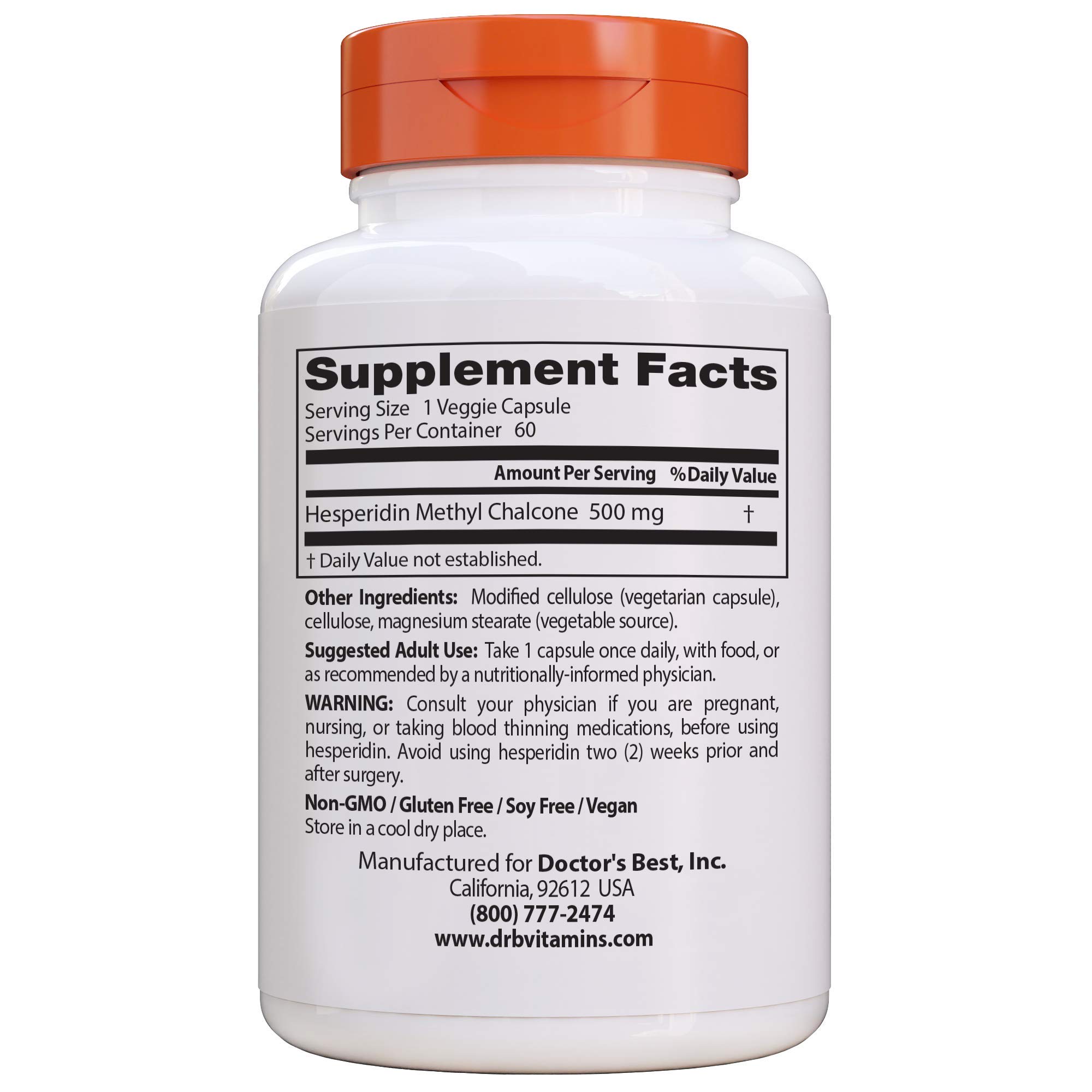


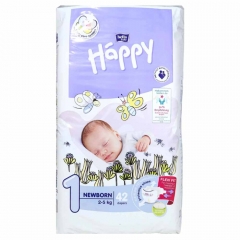
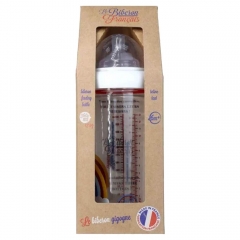
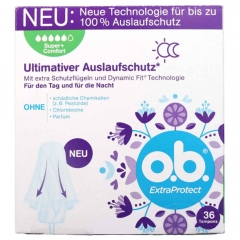

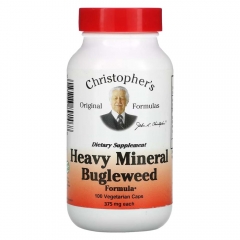
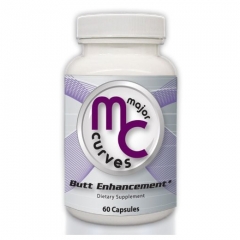
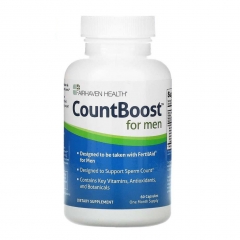
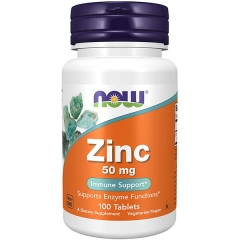
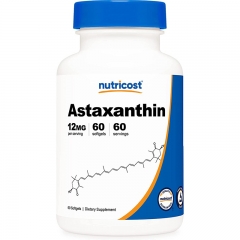
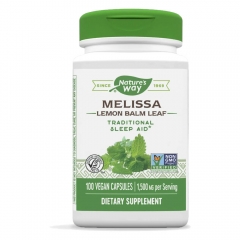
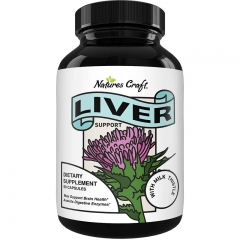
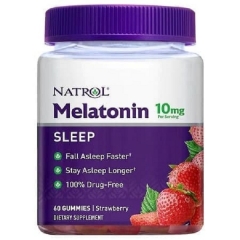
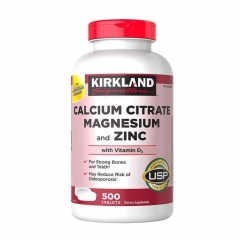
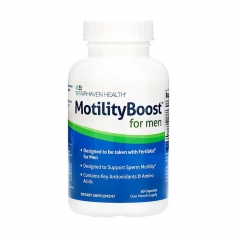
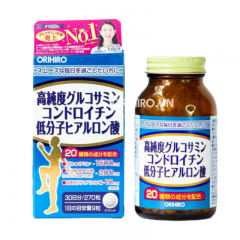
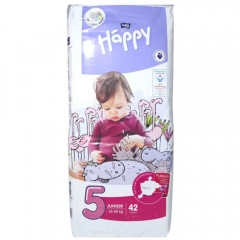
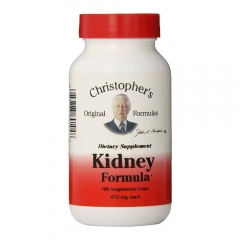

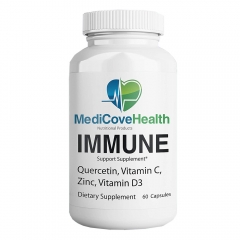




 KHUYẾN MÃI LỚN
KHUYẾN MÃI LỚN Hỗ Trợ Xương Khớp
Hỗ Trợ Xương Khớp Bổ Não & Tăng cường Trí Nhớ
Bổ Não & Tăng cường Trí Nhớ Bổ Sung Collagen & Làm Đẹp
Bổ Sung Collagen & Làm Đẹp Bổ Thận, Mát Gan & Giải Độc
Bổ Thận, Mát Gan & Giải Độc Chăm Sóc Sức khỏe Nam Giới
Chăm Sóc Sức khỏe Nam Giới Chăm Sóc Sức khỏe Nữ Giới
Chăm Sóc Sức khỏe Nữ Giới Chăm sóc Sức khỏe Trẻ Em
Chăm sóc Sức khỏe Trẻ Em Thực Phẩm Giảm Cân, Ăn Kiêng
Thực Phẩm Giảm Cân, Ăn Kiêng Bổ Sung Vitamin & Khoáng Chất
Bổ Sung Vitamin & Khoáng Chất Bổ Tim Mạch, Huyết Áp & Mỡ Máu
Bổ Tim Mạch, Huyết Áp & Mỡ Máu Bổ Mắt & Tăng cường Thị lực
Bổ Mắt & Tăng cường Thị lực Điều Trị Tai Mũi Họng
Điều Trị Tai Mũi Họng Sức Khỏe Hệ Tiêu hóa
Sức Khỏe Hệ Tiêu hóa Chăm Sóc Răng Miệng
Chăm Sóc Răng Miệng Chống Oxy Hóa & Tảo Biển.
Chống Oxy Hóa & Tảo Biển.